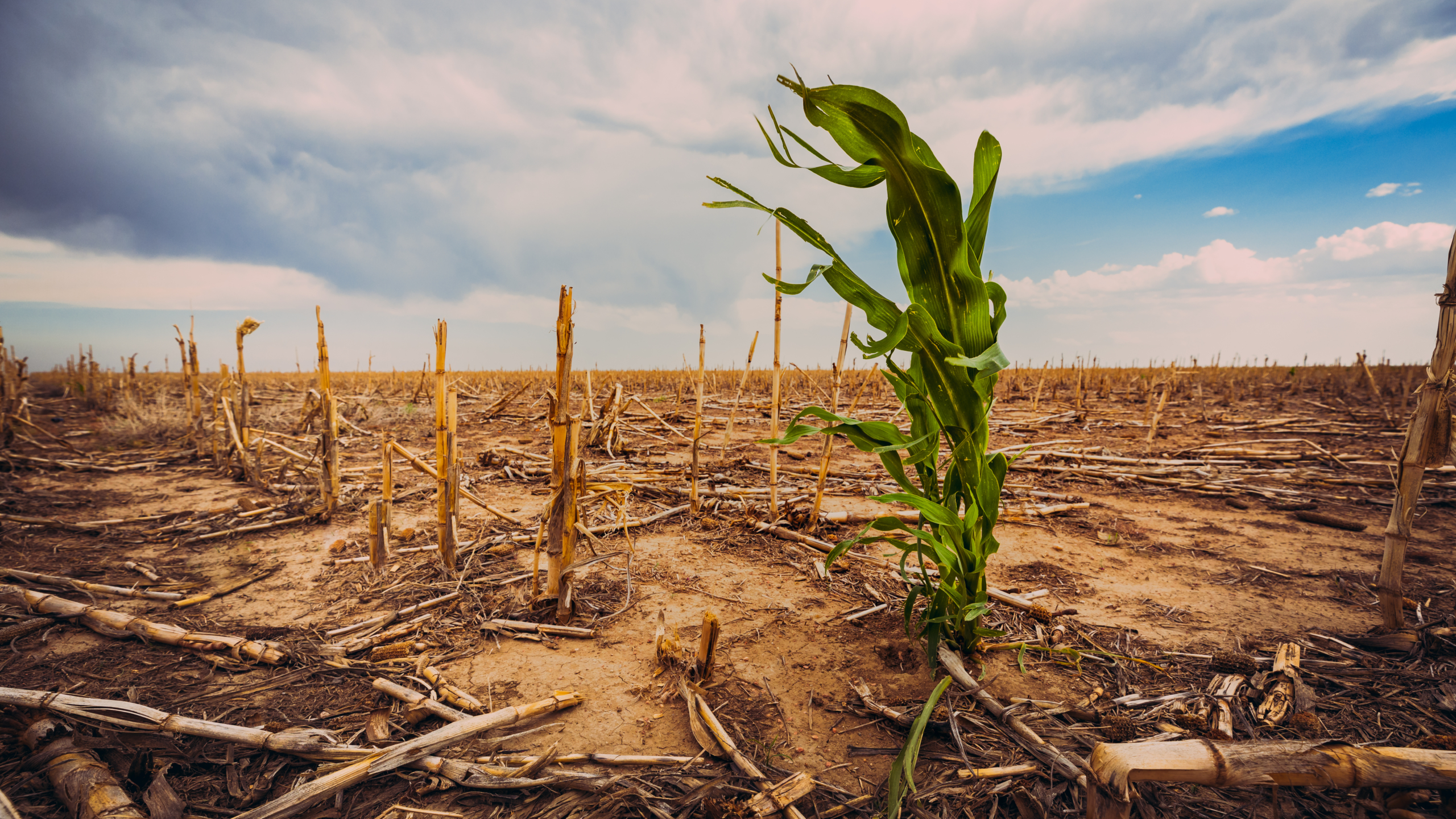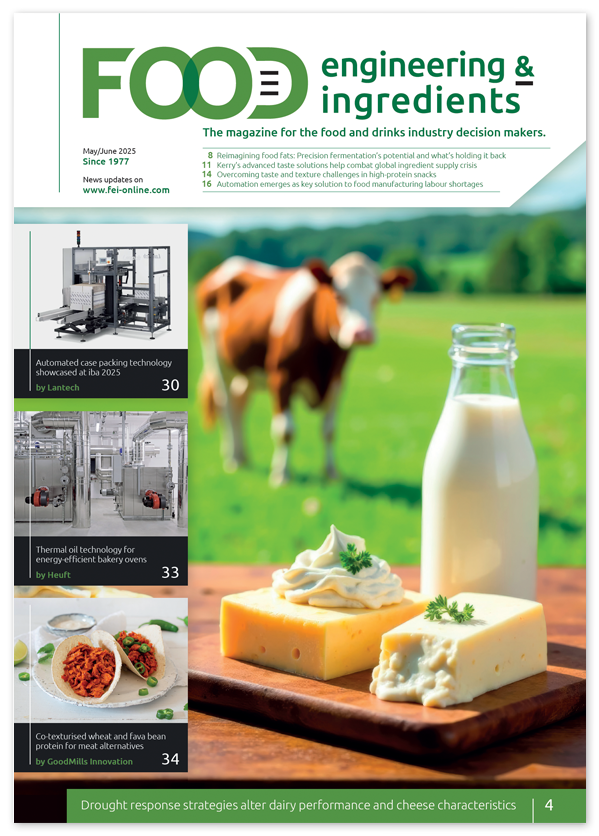COP28:
Global commitment to climate-smart agriculture puts food systems at centre of climate action
At the recent COP28 climate conference in Dubai, 133 nations plus the European Union have signed the “COP28 UAE Declaration on Sustainable Agriculture, Resilient Food Systems and Climate Action”. By doing so they recognise that climate change poses unprecedented threats to the resilience of agriculture and food systems, and have collectively committed to address the challenges and harness the transformative potential of agriculture in the face of mounting hunger, malnutrition, and economic stresses.
Recognizing the profound impact of climate change on agriculture, especially affecting vulnerable communities, the commitment underscores the pivotal role of agriculture and food systems in responding innovatively to climate change and fostering shared prosperity. The declaration emphasizes the imperative to realize the right to adequate food, ensuring access to safe, sufficient, affordable, and nutritious food for all.
“There is no path to achieving the goals of the Paris Climate Agreement and keeping 1.5C within reach, that does not urgently address the interactions between food systems, agriculture, and climate,” Mariam bint Mohammed Almheiri, UAE Minister of Climate Change and Environment and COP28 Food Systems Lead, said.
“Countries must put food systems and agriculture at the heart of their climate ambitions, addressing both global emissions and protecting the lives and livelihoods of farmers living on the front line of climate change. Today’s commitment from countries around the world will help to build a global food system fit for the future,” she added.
The essential role of international cooperation
At the heart of this commitment is the acknowledgment that agriculture and food systems are fundamental to the lives and livelihoods of billions of people, including smallholders, family farmers, fisherfolk, and other producers and food workers. The declaration highlights the essential role of international cooperation, financial institutions, trade, and non-state actors in responding to climate change.
Reaffirming commitments to various international agreements such as the 2030 Agenda for Sustainable Development, the Paris Agreement, and the UN Framework Convention on Climate Change, the declaration stresses the importance of aligning efforts to combat climate change with those addressing biodiversity and food security. It also recalls the findings of recent Intergovernmental Panel on Climate Change (IPCC) assessments, emphasizing the significance of integrating agriculture and food systems into the broader climate action agenda.
Nations commit to set of objectives
The declaration puts forth a set of objectives that nations must commit to pursuing collaboratively and expeditiously. These objectives include scaling up adaptation and resilience activities, promoting food security and nutrition through targeted approaches, supporting workers in agriculture and food systems, and strengthening the integrated management of water in agriculture.
Moreover, the commitment aims to maximize the climate and environmental benefits associated with agriculture by conserving, protecting, and restoring land and natural ecosystems, enhancing soil health and biodiversity, and shifting towards more sustainable production and consumption practices. The declaration puts emphasis on reducing food loss and waste and promoting sustainable aquatic blue foods.
“Today signals a turning point, embedding sustainable agriculture and food systems as critical components in both dealing with climate change and building food systems fit for the future. Together we will deliver lasting change for families, farmers and the future,” said Almheiri.
How nations will achieve these aims
To achieve these aims, nations have committed to integrating agriculture and food systems into their climate action plans
and mainstreaming climate action across policies related to agriculture and food systems. By 2025, they intend to engage in broad, transparent, and inclusive initiatives to integrate these systems into national strategies, revisit and orient policies to promote sustainability, enhance access to finance, accelerate science-based innovations, and strengthen the rules-based multilateral trading system.
With seven years remaining to achieve shared goals, nations pledge to collaborate across ministries and stakeholders, including agriculture, climate, energy, environment, finance, and health. They commit to reviewing progress at COP29, considering next steps in 2025 and beyond. This global commitment signifies a crucial step toward aligning agriculture and food systems with climate action, recognizing the interconnectedness of these elements in the pursuit of sustainable development. It highlights the urgency of adapting and transforming agriculture to respond effectively to climate change while emphasizing inclusivity, resilience, and environmental stewardship. As nations work collectively to implement these objectives, the hope is to build a more sustainable, climate-smart agricultural future for generations to come.




